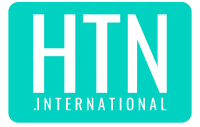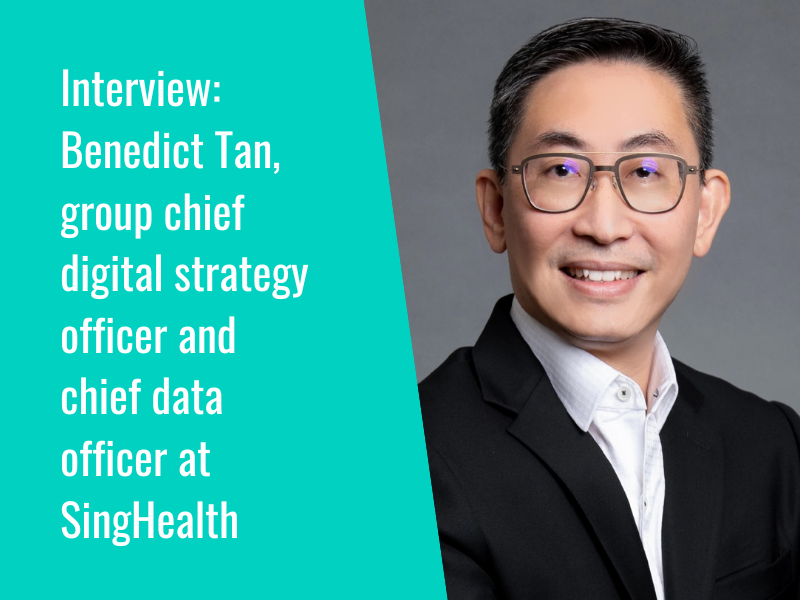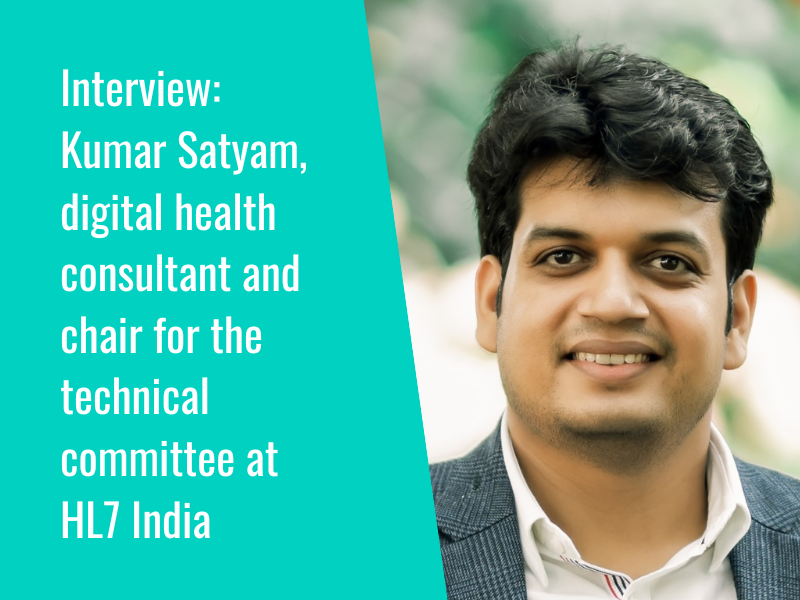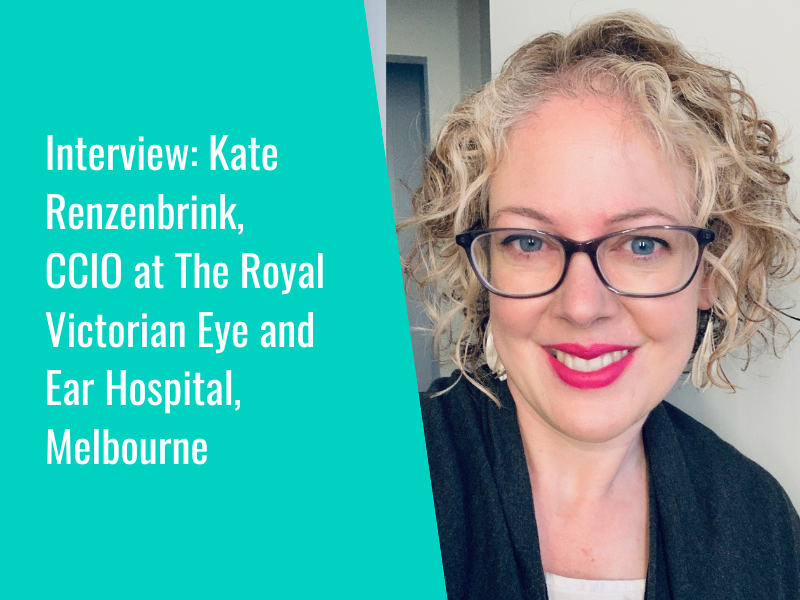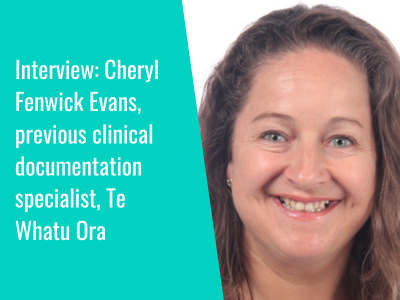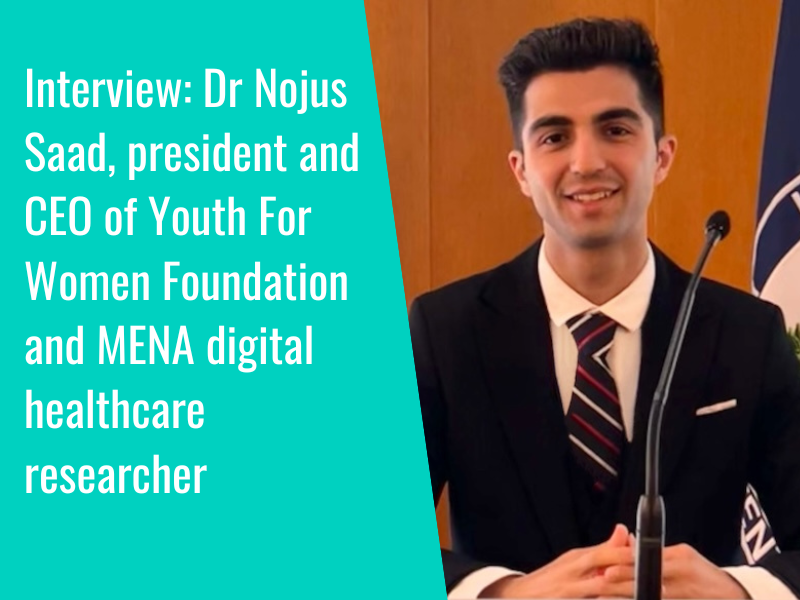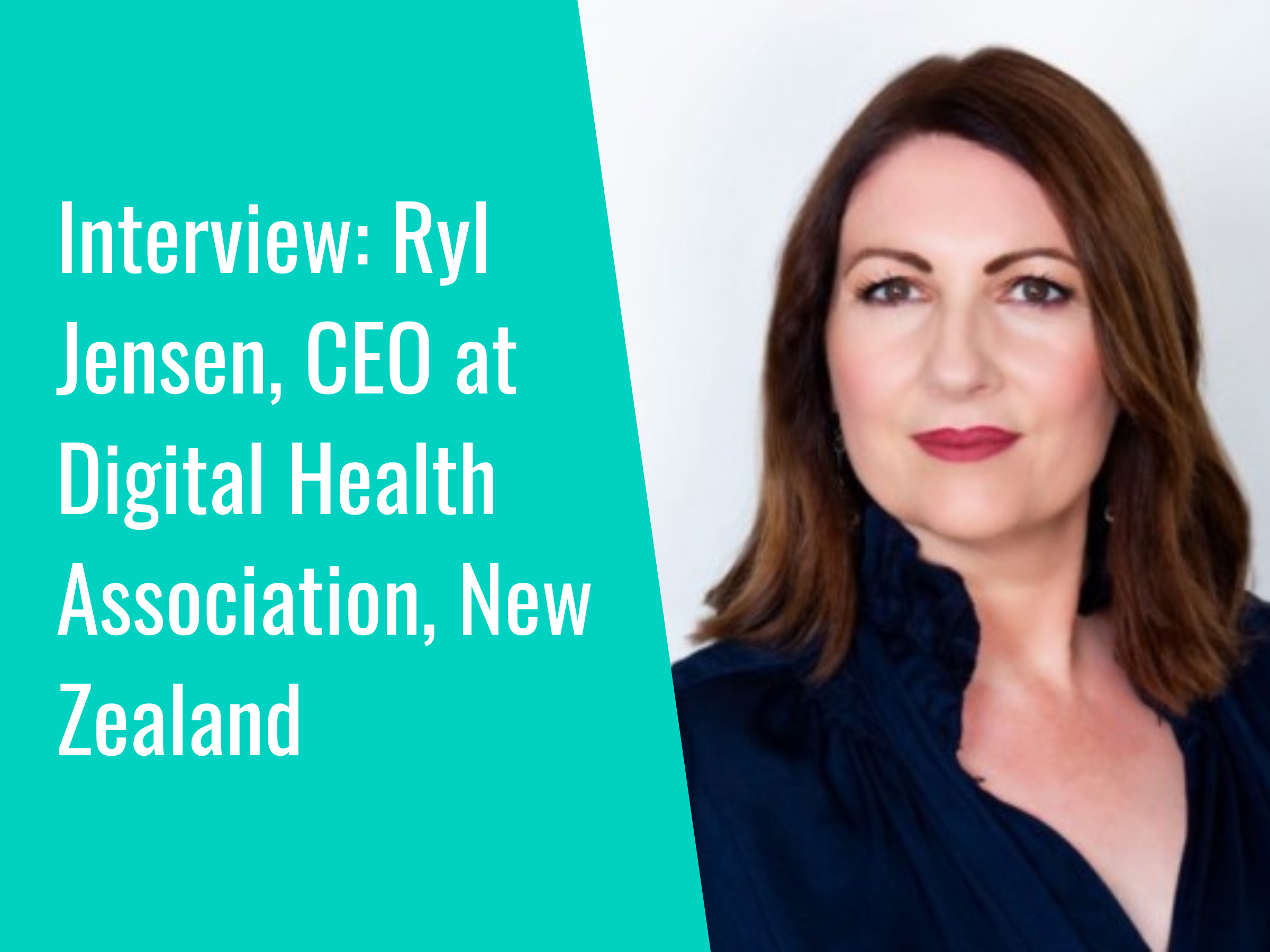Africa Centres for Disease Control and Prevention (CDC) has launched its digital transformation strategy for 2023 – 2030, focusing on the potential for African nations to “leapfrog traditional stages of development and adopt innovative solutions that can significantly improve health outcomes”.
The new strategy represents the collaborative efforts of many different entities, including African Union Member States, the US CDC, Smart Africa, and The Mastercard Foundation. It covers guiding principles including national ownership of digital health systems, design for scale and build for sustainability, empowerment of healthcare workforces, open standards and adoption of digital public infrastructure and goods, and regional integration of capabilities.
Seven specific strategic objectives provide a roadmap for the overall strategy.
Strategic objective one refers to digital health governance and strategy, supporting the restructuring of digital health coordination, knowledge management, and maturity assessments. Actions in this area include leading advocacy initiatives at Head of State and Minister of Health level to discuss systemic changes associated with digital health; to support the re-structuring of digital health coordination at national level in order to encourage stronger collaboration; support the development of national digital health strategies and actionable plans; and support and contribute to continental digital ‘communities of practice’ to “best harness available expertise and scale up capacity building efforts”.
Strategic objective two is on interoperable platforms and solutions, including providing technical guidance on available solutions, engaging in knowledge management, and creating national and continental surveillance and response dashboards. Here, the strategy sets out actions including supporting appropriation and implementation of architecture for digital health in each Member State; working with partners to support efforts to map and evaluate existing digital solutions with the aim of recommending specific digital tools for use cases; supporting the development and implementation of dashboards for data-based decision-making; and developing the existing Africa CDC dashboards with clear data governance along with incentives for Member States to share information.
Strategic objective three is enhancing the digital workforce capacity, conducting gap analysis, providing guidance on competency frameworks, and supporting fellowships. In this area, Africa CDC shares planned activities including supporting analysis of existing human capital in Member States with the aim of identifying existing skills and and numbers and prioritising capacity gaps; launching a Health Informatics Fellowship; providing online training for African health informaticians; working with communities of practice to develop a Pan African Health Informatics Network; leading the organisation of the African Health Tech Summit; working with partners to define digital competency frameworks; and defining technical guidelines for the revision of job classifications and career tracks.
Strategic objective four outlines the need for a focus on digital public infrastructure and goods, promoting awareness, developing continental digital health governance, and building privacy and security frameworks for cross-border collaborations. Actions include establishing a digital health data governance mechanism at continental level to promote adoption of open standards and streamline data sharing, and supporting Member States to develop policies and regulations that ensure health data is collected and shared in a secure and standardised manner.
Strategic objective five refers to infrastructure and connectivity, with the need to conduct gap analyses, to empower member states, and to support digitisation. Here, African CDC shares plans to partner with investors in health systems to help build a case for major investments in electrical power and connectivity; map health facilities, monitor connectivity and support Member States to connect more facilities and workers; establish technical guidance on infrastructure and equipment alongside the Member States; and support the digitisation of primary care.
Strategic objective six is on home-grown digital health innovation, reflecting the importance of securing health data markets, running “innovation sandboxes”, and creating a digital health centre to encourage start ups. Here, the strategy highlights intention to lead advocacy on creating health data markets within and across Member States so that researchers and the private sector can use health data in a secure and trusted way; help define regulatory frameworks to support citizens in sharing data across borders; create “digital health innovation sandboxes” to allow innovators to access data, tools and resources; lead an initiative to close the gender digital gap; and support the implementation of a Digital Health and Innovation Lab hosted in a “pioneer” Member State.
Finally, strategic objective seven covers digitalised business processes, focusing on reengineering, enterprise architecture, and change management. Under this heading, planned actions include working with senior leadership to agree on the financial and programmatic impacts that are sought, developing target metrics for business process performance; mapping and evaluating key business processes; making recommendations for key process changes; and providing workflow documentation and business process models for the implementation of new procedures.
To read the strategy in full, please click here.
Also from the continent, the Republic of Ghana’s Ministry of Health has released a programme update highlighting progress in the country’s national e-health project.
Applications have opened for the 2024 HealthTech Hub Africa (HTHA) Accelerator Program, which aims to provide a boost to innovative tech solutions for health in Africa. Looking for applications from startups and “scale ups” from the African continent, the program allows for collaboration with local and national governments, “aiming to support health systems in their digital transformation journeys”.
- 1
- 2
